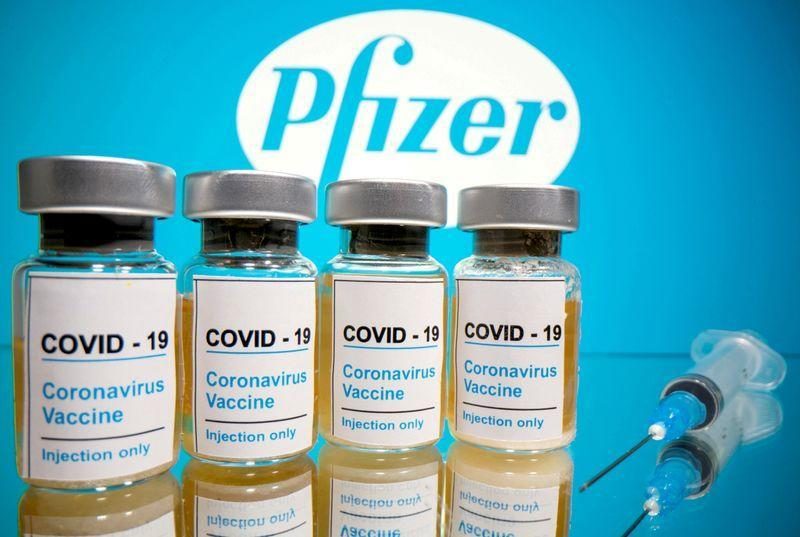
Pfizer and partner BioNTech’s COVID-19 vaccine meets expectations on agency guidance and is enough to spur an agency review, according to staff of the U.S. Food and Drug Administration.
The finding is one of several significant new results featured in the briefing materials, which span 53 pages of data analyses from the agency and from Pfizer.
On Thursday, F.D.A.’s vaccine advisory panel will discuss these materials in advance of a vote on whether to recommend authorization.
On the bright side, efficacy in preventing confirmed COVID-19 occurring at least 7 days after the second dose of vaccine was 95.0%.
the study sponsors “provided adequate information to ensure the vaccine’s quality and consistency for authorization of the product under an EUA” agency reviewers said in briefing documents ahead of a Thursday panel.
Additionally, the study confirms that the vaccine worked well regardless of a volunteer’s race, weight or age.
However, one thing of note in the ‘risk’ section includes:
The vaccine has been shown to elicit increased local and systemic adverse reactions as compared to those in the placebo arm, usually lasting a few days…
The most common solicited adverse reactions were injection site reactions (84.1%), fatigue (62.9%), headache (55.1%), muscle pain (38.3%), chills (31.9%), joint pain (23.6%), fever (14.2%)
…
Severe adverse reactions occurred in 0.0-4.6% of participants, were more frequent after Dose 2 than after Dose 1 and were generally less frequent in older adults (>55 years of age) (<2.8%) as compared to younger participants (≤4.6%). Among reported unsolicited adverse events, lymphadenopathy occurred much more frequently in the vaccine group than the placebo group and is plausibly related to vaccination.
The experimental vaccine, BNT162b2, is on track to be the first shot to get an emergency authorization in the US.


